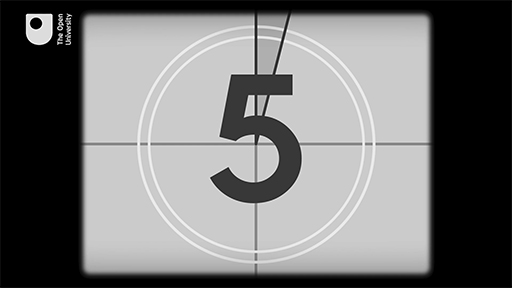11 The future of language
As you saw at the start of this course, compared to the history of human language generally, English is relatively young having been around for just one and a half millennia. But in that time, it’s grown from a parochial language spoken by a few north European tribes to one used across the globe and spoken, to some extent or other, by over two billion people – not to mention a number of robots. As things stand at the moment, it’s the pre-eminent global lingua franca, and is viewed by a large proportion of the world’s population as being an important resource for prospering in life. This is not to say that its status in the world is unproblematic. There’s plenty of criticism of the way the language is a divisive force in societies, and how it helps the main Anglophone countries wield soft power across other parts of the world.
So what’s the future of English likely to be? And what part will it play in the future of human language more generally? As you’ve noted time and again, language is one of the essential characteristics of what it means to be human. It’s the foundation for our culture and civilisation. But with the rapid rise of new communication technologies, there’s been speculation in some parts that language as we know it may become obsolete in the near future.
In the last video in this course, you’ll look at all these questions.
Activity 12
Before watching the video, have a think about the following questions:
- What are the main factors that will likely influence the future of human language and communication?
- Should we be worried about some of the changes that will likely happen to the way we communicate in the future?
- And if we have concerns about how things might develop, is there anything we should be doing now to prevent our worst-case predictions coming true?
After you’ve watched the video, jot down any thoughts you have about this in the text box below. Once you’ve done so, save your answer and then read the comment.
Now watch the video.

Transcript: Video 13 The future of language
[MUSIC PLAYING]
Comment
The biggest agent of change is almost certainly going to be technology. You’ve seen throughout this course that the history of language use has been shaped from the very beginning by developments in communications technology. As the animation argues, there are a lot of scenarios we can imagine which will have profound significance for our lives. These include whether machine translation will make learning a foreign language redundant; whether a mixture of brain-computer interfaces and artificial intelligence will mean that we’ll soon be able to talk to each other via computer-enabled technology. And how all this will affect issues such as privacy, surveillance and the future shape of society. All of these come with potential benefits and potential risks – and our challenge over the next few years and decades will be trying to ensure that the former outweigh the latter.
